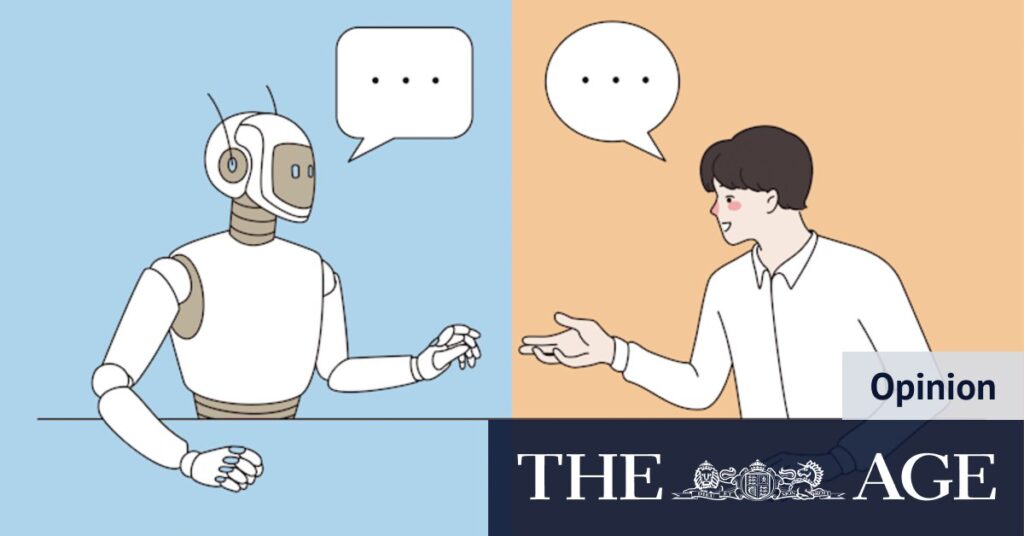
Deloitte Australia recently faced a significant setback after an AI-assisted report for a federal government department was found to contain fabricated information. This incident serves as a stark reminder of the potential hazards associated with the increasing reliance on artificial intelligence in the workplace.
The report, commissioned by the Department of Employment and Workplace Relations (DEWR) and costing $440,000, included a fictitious quote from a federal court judgment and invented academic references. As a result, Deloitte was compelled to issue a partial refund, according to The Australian Financial Review.
The Risks of AI “Hallucinations”
The concept of AI “hallucinations” may be unfamiliar to those outside the tech industry. These hallucinations occur when AI models, especially those with limited or biased training data, generate results that sound plausible but lack factual accuracy. This is often due to the AI’s tendency to guess when faced with insufficient information, prioritizing the delivery of an answer over its correctness.
In Deloitte’s case, the AI’s role in creating the report wasn’t the core issue. Instead, the problem lay in the firm’s failure to thoroughly vet the report before deeming it client-ready. This oversight underscores the need for human oversight in AI-generated content.
Corporate Australia’s AI Enthusiasm
The Deloitte incident is not an isolated case. Across corporate Australia, there is a growing enthusiasm for AI as a tool to enhance productivity. However, as companies like Commonwealth Bank have discovered, there is often a significant gap between AI’s theoretical capabilities and its practical outcomes.
Generative AI, which learns from existing data to produce text, videos, and images, is still in its early stages. Mistakes are inevitable as organizations navigate the complexities of integrating this technology into their operations.
Learning from Mistakes
Deloitte’s marketing materials emphasize the importance of strategic management when deploying AI, likening it to managing a manufacturing line or complex supply chain. Yet, even experts in AI can stumble, highlighting the need for robust checks and balances.
Critics have also pointed out Deloitte’s lack of transparency regarding AI’s role in the report. The revised version now acknowledges the use of generative AI, citing “traceability and documentation gaps.”
“There have been media reports indicating concerns about citation accuracies which were contained in these reports. Deloitte conducted this independent assurance review and has confirmed some footnotes and references were incorrect,” the department noted on its website.
The Path Forward
The Deloitte episode raises questions about the broader implications of AI in the workplace. While AI offers significant potential benefits, it also necessitates a codified set of checks and balances to prevent similar mishaps. It is likely that more incidents of AI “hallucinations” will occur before these safeguards are fully implemented.
This situation is not an argument against the use of AI but rather a call for caution and comprehensive oversight. As AI continues to evolve, organizations must remain vigilant and proactive in addressing the challenges it presents.
The Deloitte case serves as a wake-up call for companies worldwide, emphasizing the importance of balancing technological innovation with responsible management practices.






